As we continue to progress through the information age, problems arise regarding the worth of art. Because so much has become conveniently accessible, we feel the same should hold true with various forms of art, such as movies, TV shows and music. Simply, too many factors can be seen as inconveniences to an average person.
Advertisements are an inconvenience. Leaving the house to pay is an inconvenience. Paying at all is an inconvenience.
The internet is a gateway drug of sorts, opening people’s eyes to bands they would never otherwise know of and shows they haven’t seen in years. As more and more is discovered, it simply becomes too much for the wallets of some individuals to handle, causing them to pirate and effectively indulge in all the media they desire.
Anti-piracy measures have become a bit of a joke. The Motion Picture Association of America (MPAA)’s “You Wouldn’t Steal a Car” ad campaign likens pirating movies to stealing DVDs, handbags, televisions and cars. The numerous parodies I’ve seen of it show it doesn’t make pirates feel guilty, but rather causes them to see piracy as a crime exaggerated by propaganda and in reality not a big deal.
Of course, the campaign itself is incredibly fallacious. While it’s true that pirating leads to less revenue for the company, it remains distinct from stealing due to the fact that it is simply making a copy and leaving the original unharmed. For this reason, it’s more difficult for many to view as a crime. To put it in terms the MPAA would be familiar with, “What if your car was stolen but still there in the morning?”
The fact that the MPAA has admitted to lying about statistics doesn’t help their case either. In 2008, the MPAA revealed that college students downloading movies illegally cause them to lose 15 percent of their revenue, a stark contrast from their remark in 2005 that it was 44 percent.
This, among other factors, causes people to view them as well as the Recording Industry of America (RIAA) as evil corporations dedicated to halting the spread of media.
Personally, I feel more companies and individuals should learn from my example. In second grade, I drew “Super Yameen” comics. They were incoherent, poorly drawn and highly derivative of the various games and shows I was interested in, as is to be expected from a 7-year-old. But of course, they were popular on the playground. A friend of mine suggested I start selling them for 25 cents, but I declined, not caring about the money made and simply wanting people to read my comics. I then implemented a system in which buyers chose how much they were willing to pay for each issue. Six years later, Radiohead stole my idea for their distribution of In Rainbows.
The point is, industries can’t continue their current methods and honestly expect to eradicate piracy. If they could achieve total control, they would have done so already, but methods such as peer-to-peer filesharing are nearly impossible to stop. The better option would to be more sympathetic to the buyers. Businesses must understand what causes people to pirate their materials. Besides the obvious factor of price, other elements play a role.
When you download a movie, you simply press play and it goes. When you buy a DVD, you have to leave your house (gasp) and watch numerous unskippable commercials, DVD menu animations and introductory logos. While it’s true that many of these issues have gotten better with time, the point remains that there is currently nothing particularly redeeming about buying something legally aside from the feeling that what you’re doing conforms to the law and is not ethically questionable.
Of course, this can be changed. Aside from working to make products more accessible, businesses may wish to add certain free items with physical copies of their works as an added incentive for buying.
As restrictions will simply cause new bypassing methods to arise, companies wishing to eliminate the issue of piracy must welcome customers with open arms, understanding the ease at which people want their media.











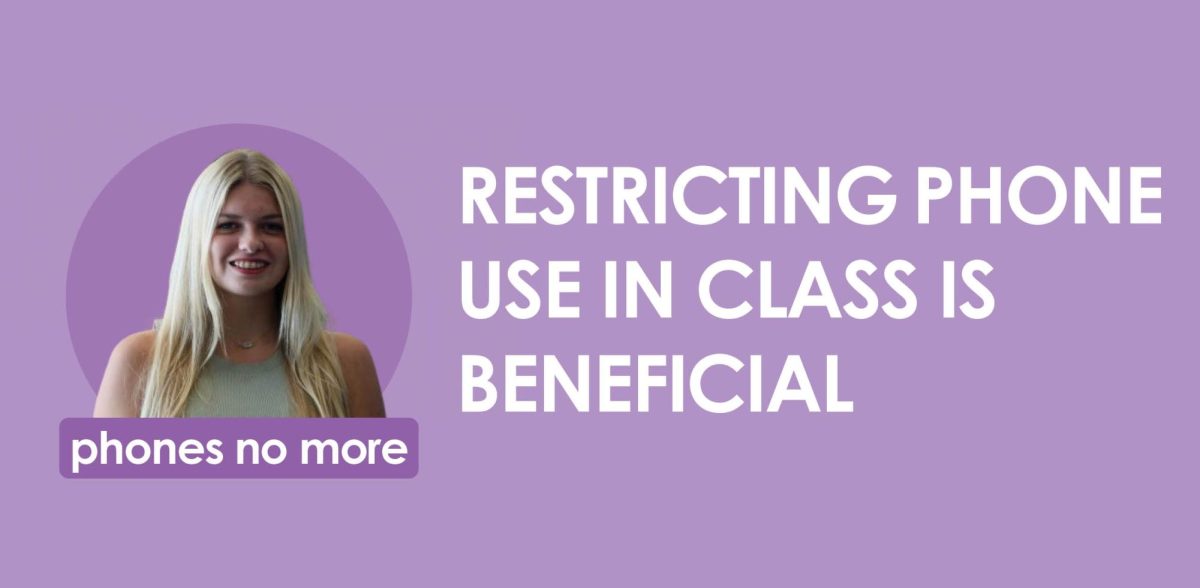
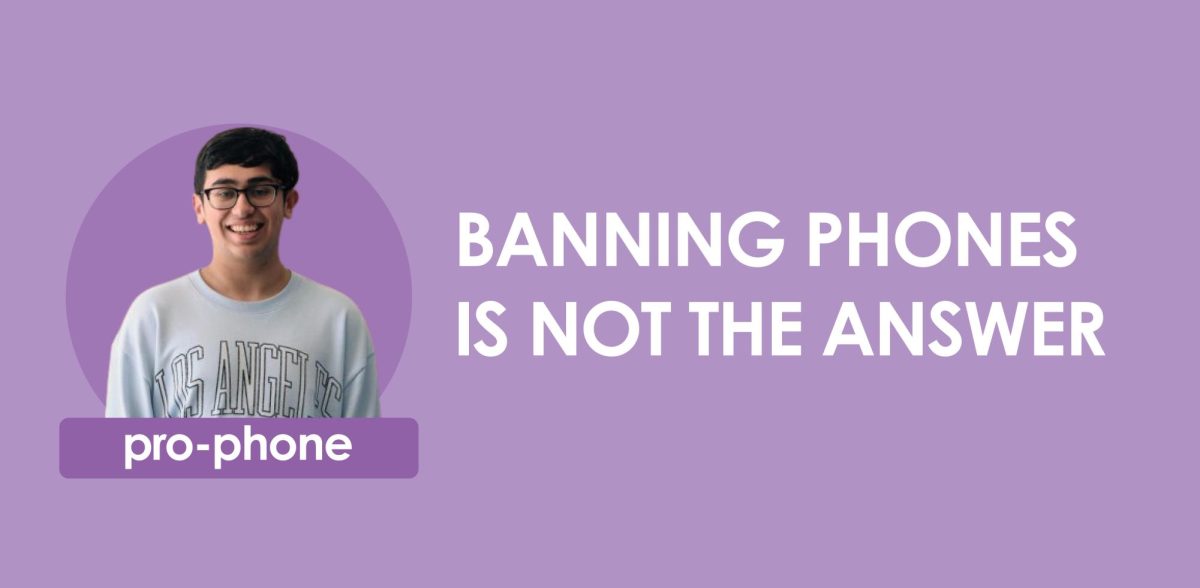
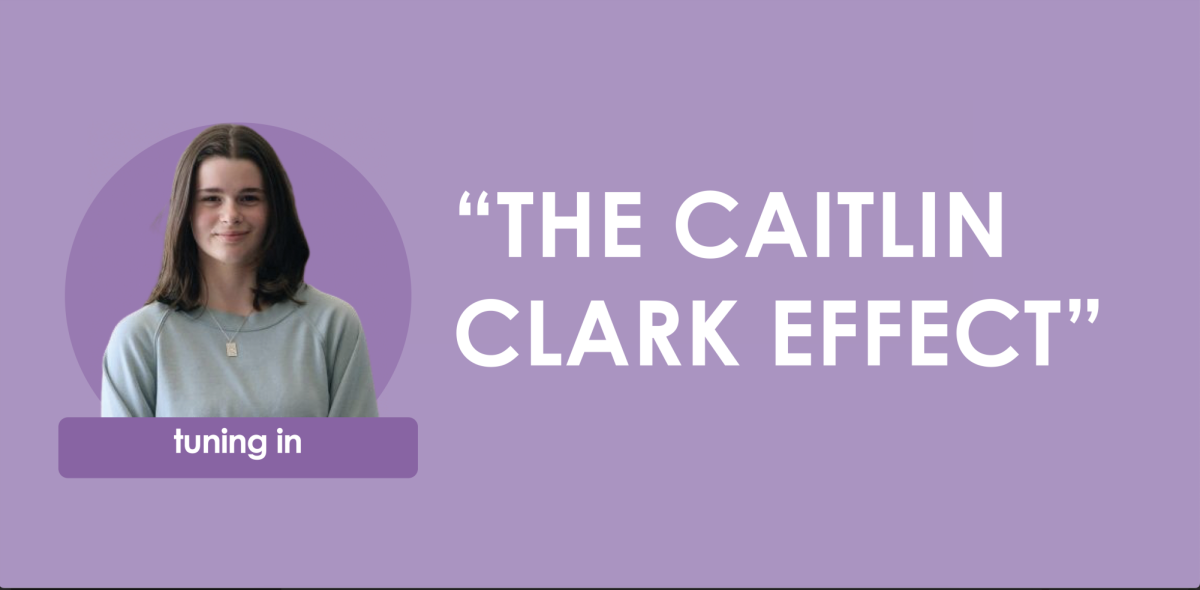

















![Family vlogger controversy, need for content reform [opinion]](https://hilite.org/wp-content/uploads/2024/05/Screenshot-2024-05-14-11.33.37-AM-1200x465.png)








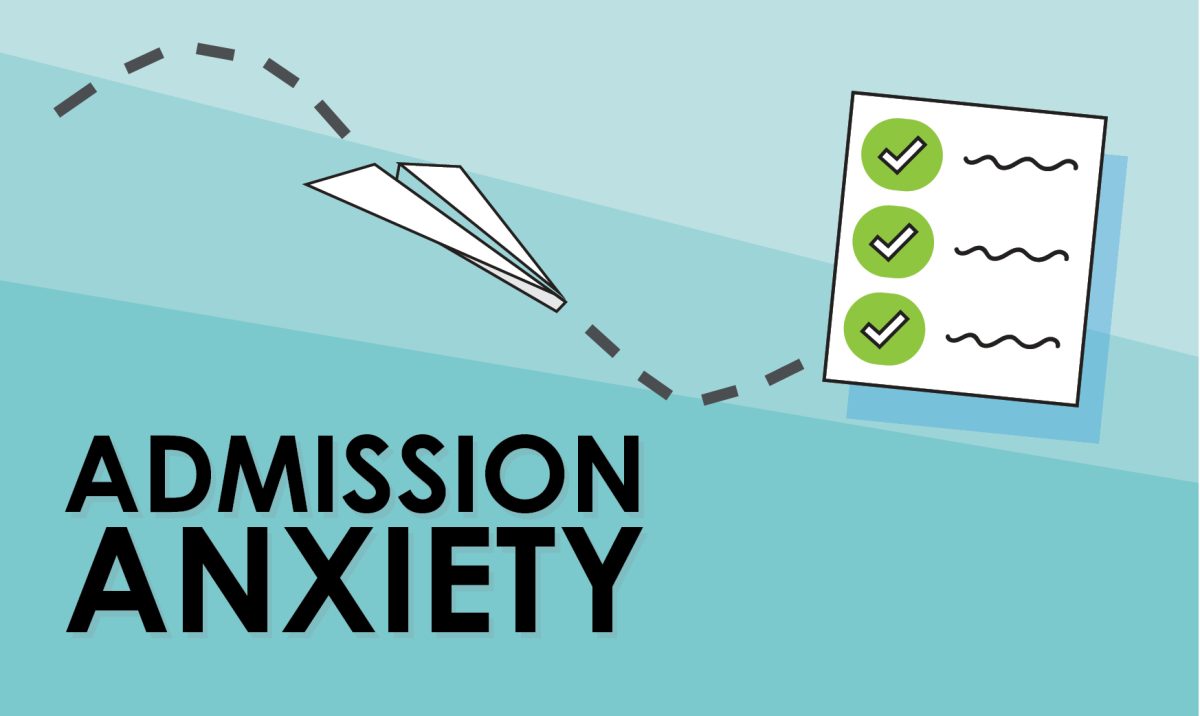




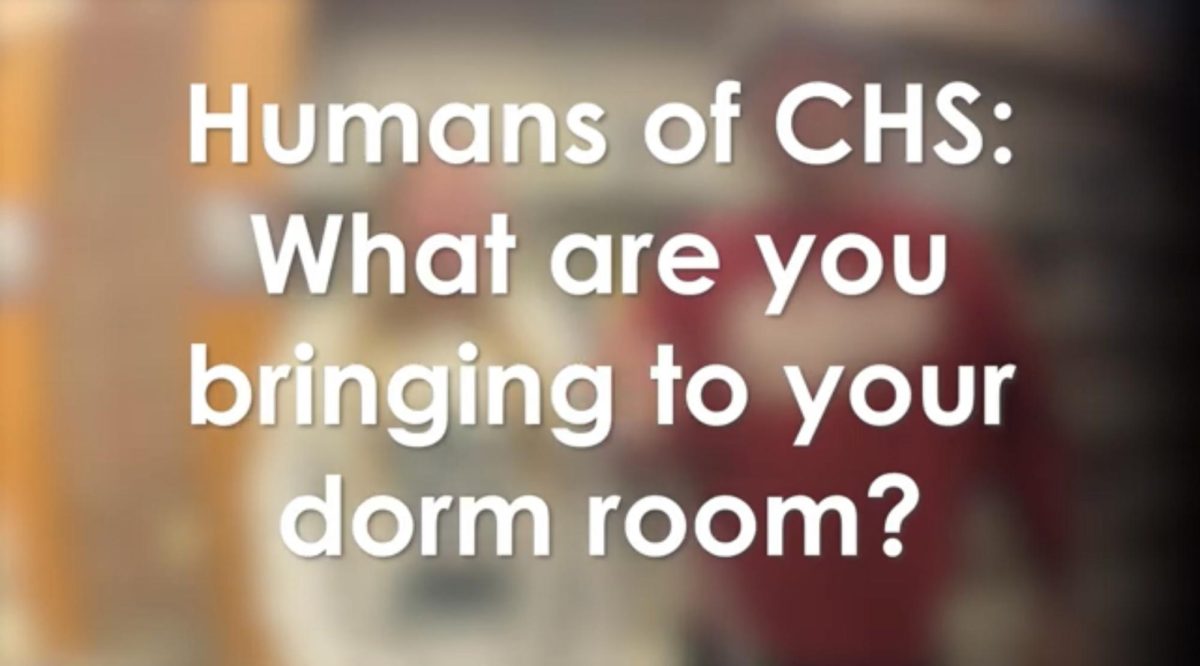









![Review: Conan Gray’s new album, “Found Heaven”, is a refreshing twist on modern music [MUSE]](https://hilite.org/wp-content/uploads/2024/05/Screenshot-2023-10-31-at-16.01.05.webp)
![Review: “Bodies, Bodies, Bodies” is the quintessential Gen-Z movie [MUSE]](https://hilite.org/wp-content/uploads/2024/05/Screenshot-2024-05-15-140618.png)
![Review: Gone Girl is a glorious narrative of narcissism, relationships and perception culminating in the ultimate viewing experience [MUSE]](https://hilite.org/wp-content/uploads/2024/05/unnamed-1.jpg)
![Review: If We Were Villains should be considered the penultimate dark academia book [MUSE]](https://hilite.org/wp-content/uploads/2024/05/unnamed-1.png)
![Review: “Suits” is a perfect blend of legal drama and humor [MUSE]](https://hilite.org/wp-content/uploads/2024/04/unnamed-1.png)
![Review in Print: Maripaz Villar brings a delightfully unique style to the world of WEBTOON [MUSE]](https://hilite.org/wp-content/uploads/2023/12/maripazcover-1200x960.jpg)
![Review: “The Sword of Kaigen” is a masterpiece [MUSE]](https://hilite.org/wp-content/uploads/2023/11/Screenshot-2023-11-26-201051.png)
![Review: Gateron Oil Kings, great linear switches, okay price [MUSE]](https://hilite.org/wp-content/uploads/2023/11/Screenshot-2023-11-26-200553.png)
![Review: “A Haunting in Venice” is a significant improvement from other Agatha Christie adaptations [MUSE]](https://hilite.org/wp-content/uploads/2023/11/e7ee2938a6d422669771bce6d8088521.jpg)
![Review: A Thanksgiving story from elementary school, still just as interesting [MUSE]](https://hilite.org/wp-content/uploads/2023/11/Screenshot-2023-11-26-195514-987x1200.png)
![Review: When I Fly Towards You, cute, uplifting youth drama [MUSE]](https://hilite.org/wp-content/uploads/2023/09/When-I-Fly-Towards-You-Chinese-drama.png)
![Postcards from Muse: Hawaii Travel Diary [MUSE]](https://hilite.org/wp-content/uploads/2023/09/My-project-1-1200x1200.jpg)
![Review: Ladybug & Cat Noir: The Movie, departure from original show [MUSE]](https://hilite.org/wp-content/uploads/2023/09/Ladybug__Cat_Noir_-_The_Movie_poster.jpg)
![Review in Print: Hidden Love is the cute, uplifting drama everyone needs [MUSE]](https://hilite.org/wp-content/uploads/2023/09/hiddenlovecover-e1693597208225-1030x1200.png)
![Review in Print: Heartstopper is the heartwarming queer romance we all need [MUSE]](https://hilite.org/wp-content/uploads/2023/08/museheartstoppercover-1200x654.png)
























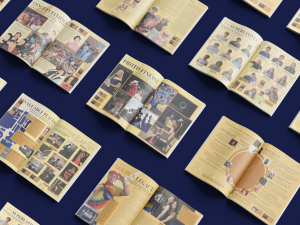



N. H. • Aug 10, 2011 at 5:30 pm
Good article, raises some very valid points.